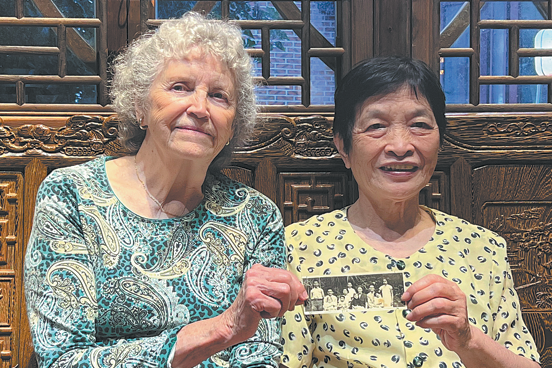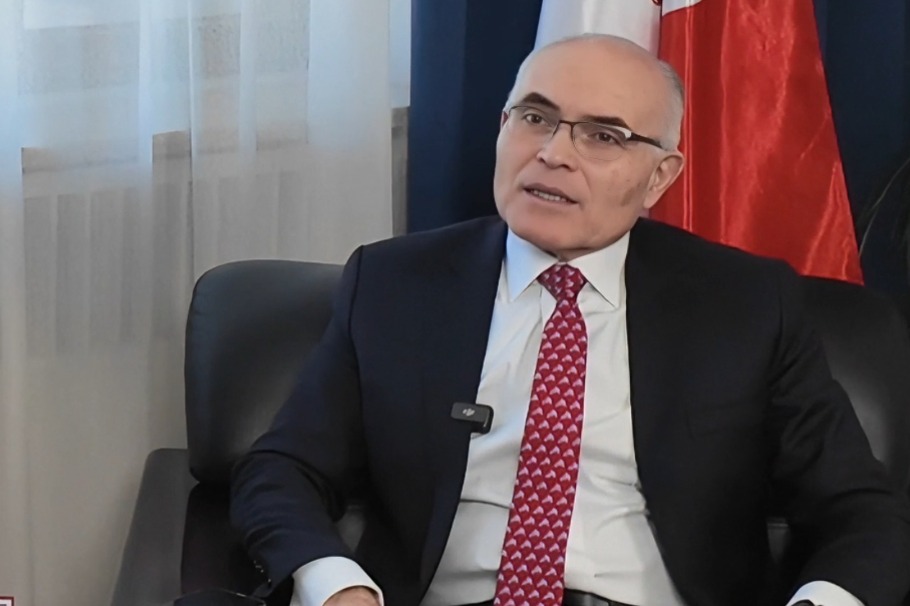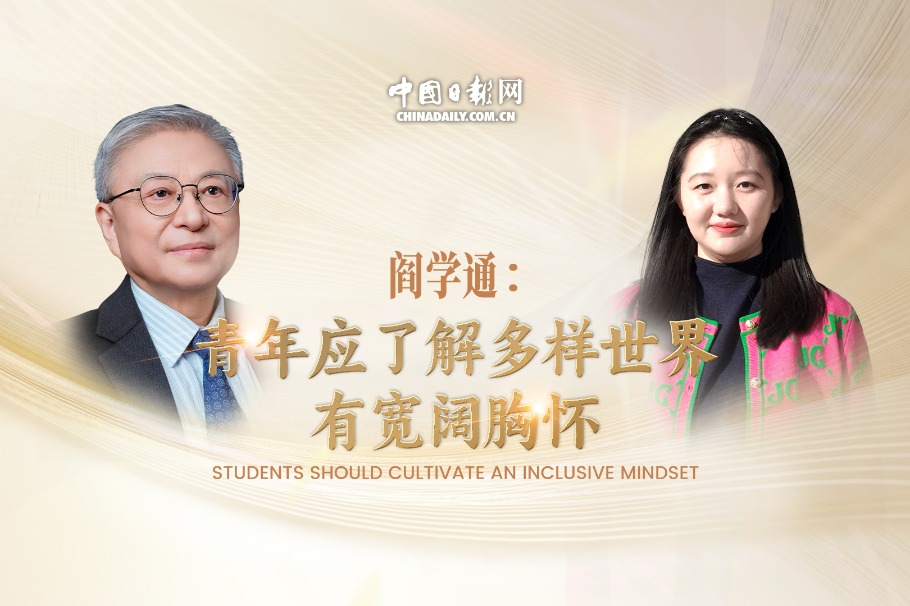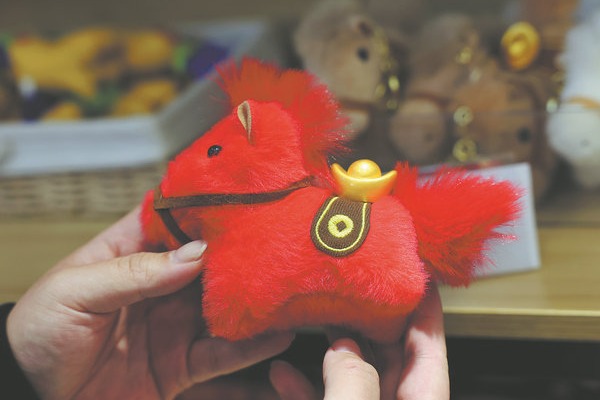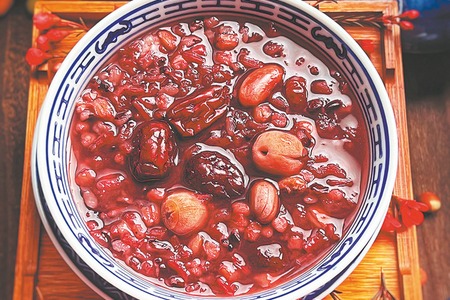Civil society boosts global anti-virus fight

The novel coronavirus has infected more than 84,000 people and claimed over 4,600 lives in the Chinese mainland, but it also helped the Chinese people realize the importance of adequate medical supply, diagnostics and medical treatment, and the necessity of timely dissemination of information and experience sharing.
Motivated by either the urge to reciprocate the assistance China received from the international community in its fight against the coronavirus, a sense of humanitarianism, or simply the love for compatriots living abroad, an increasing number of Chinese social organizations and civil forces have been providing aid for countries severely hit by the pandemic.
They started by dispatching medical supplies such as face masks, personal protective equipment (PPE) and test kits to other countries. According to incomplete data, as of May 16, Chinese enterprises, social organizations and individuals had donated 960 million yuan ($135.06 million) in cash, 65 million face masks, 4.45 million test kits, 9,585 sets of medical equipment, 7.1 million PPEs, 140 million yuan worth of traditional Chinese medicine and infrared thermometers, 4.39 million pieces of other medical products, and countless other materials.
The participation of Chinese enterprises and civil society in the global fight against the pandemic goes far beyond making donations, as they have arranged to send medical teams, provided online training for other countries' health workers, translated vital medical documents into several languages, and disseminated information on China's practices and experiences in the anti-virus fight.
The Silk Road NGO Cooperation Network, initiated by China NGO Network for International Exchanges in 2017, has attracted about 300 NGOs from more than 60 countries along the Belt and Road, launched the "Joint Action for Defeating COVID-19" and promoted online experience sharing about COVID-19 control, mobilized its members to provide medical aid for and share anti-pandemic experience with their partners in the severely hit countries along the Belt and Road.
Blue Sky Rescue, China's largest nongovernmental humanitarian organization established in 2007, has sent a 10-member aid team to Cambodia. Having just concluded their work in Wuhan, the 10 volunteers brought with them 1.3 million yuan worth of aid supplies and helped local communities prevent the spread of the virus and disinfect about 1.59 million square meters in 15 days.
The Jack Ma Foundation and Alibaba Foundation jointly established online platform Global MediXchange for Combating COVID-19(GMCC) to help health workers the world over to exchange experiences and knowhow to boost the fight against the virus. Also, Alibaba Group's DingTalk, a messaging and collaboration platform that powers GMCC, has been hailed by the United Nations Educational, Scientific and Cultural Organization for facilitating distance learning during the outbreak. The GMCC has attracted more than 440 medical institutions from 104 countries and regions. And as part of the GMCC program, the Handbook of COVID-19 Prevention and Treatment, which provides guidelines and best practices by China's top experts to fight the virus, has been available free of cost in multiple languages.
Besides, many Chinese enterprises have used their advantages to strengthen the fight against the virus. For example, some logistics companies devised innovative ways to smoothen the flow of anti-virus supplies across borders, while many Chinese companies operating overseas donated supplies to local communities.
Also, Chinese civil organizations always keep in mind the needs of the poor and the weak. During any pandemic, disadvantaged groups such as refugees, orphans, the elderly and the disabled are the most vulnerable. As such, some Chinese organizations have chosen to prioritize their aid distribution to disadvantaged groups in Ghana, South Africa, Lebanon, Myanmar, Nepal, as well as Japan, Germany and the United States.
Moreover, the private sector in China has partnered with international and regional organizations, while the Jack Ma Foundation and Alibaba have co-organized China-Africa webinars on the fight against the virus with the African Center for Disease Control and Prevention and the UN Office of South-South Cooperation, and donated face masks and test kits to the World Health Organization. And many Chinese social media platforms have partnered with the UN Development Programme and the WHO to launch a social media campaign to coax the online community to disseminate information on the coronavirus.
By April 15, global initiatives led by China's social organizations against the pandemic covered 146 countries, or 69.2 percent of all the countries hit by the virus.
Indeed, in recent years China's civil society has played and proactively promoted global agendas on issues such as human rights, climate change, sustainable development and poverty alleviation, and its competence and spirit of cooperation have been accompanied by concrete actions. In the battle against the virus, only by mobilizing the strength of the whole society can we tide over the difficulties. As the WHO rightly said, "In global health security, we are only as strong as the weakest link. No one is safe until we are all safe."
The author is a researcher with the United Nations Association of China.
The views don't necessarily reflect those of China Daily.



















